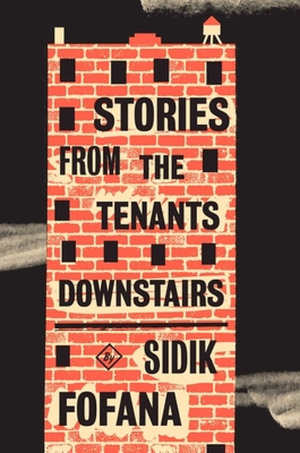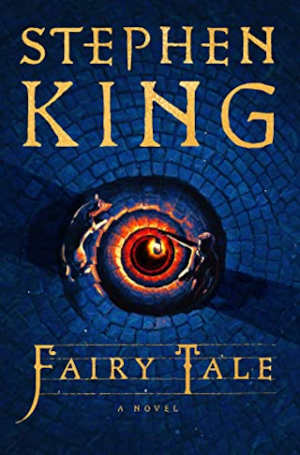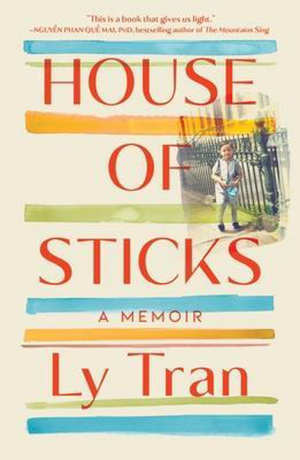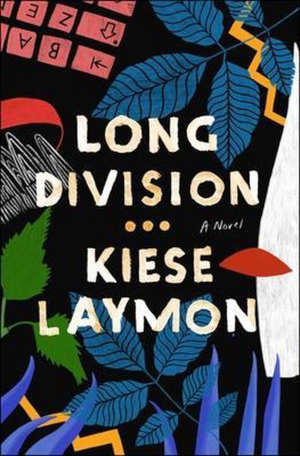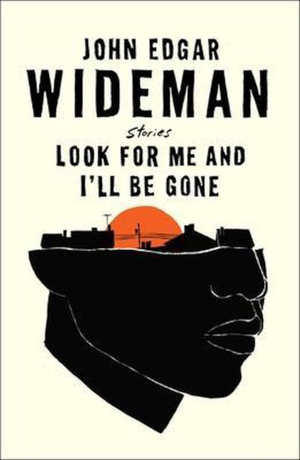Constance Wu Making a Scene recensie en informatie over de inhoud van de memoir van de Amerikaanse actrice met ouders die van Taiwan afkomstig zijn. Op 4 oktober 2022 verschijnt bij uitgeverij Knopf het memoir Making a Scene van de Amerikaanse filmactrice Constance Wu. Er is geen Nederlandse vertaling van het boek verkrijgbaar of aangekondigd.
Constance Wu Making a Scene recensie en informatie
Als de redactie het boek leest, kun je op deze pagina de recensie en waardering vinden van de memoir Making a Scene. Het boek is geschreven door Constance Wu. Daarnaast zijn hier gegevens van de uitgave en bestelmogelijkheden opgenomen. Bovendien kun je op deze pagina informatie lezen over de inhoud van de het boek van filmactrice Constance Wu.
Making a Scene
- Schrijfster: Constance Wu (Verenigde Staten)
- Soort boek: memoir
- Taal: Engels
- Uitgever: Scribner
- Verschijnt: 4 oktober 2022
- Omvang: 336 pagina’s
- Uitgave: gebonden boek / ebook
Recensie en waardering van het boek
- “A portrait of a young woman’s life and of a young artist, struggling to find her way…poignant…frank and intimate.” (The New York Times)
- “Candid and relatable…Her voice is forthright and clear as she delves into experiences of sexual assault, racial discrimination, and heartbreak.” (Time)
Flaptekst van de memoir van actrice Contance Wu
A powerful and poignant new book by Crazy Rich Asians and Fresh off the Boat star Constance Wu about family, romance, sex, shame, trauma, and how she found her voice on the stage.
Growing up in the friendly suburbs of Richmond, Virginia, Constance Wu was often scolded for having big feelings or strong reactions. “Good girls don’t make scenes,” people warned her. And while she spent most of her childhood suppressing her bold, emotional nature, she found an early outlet in local community theater—it was the one place where big feelings were okay—were good, even. Acting became her refuge, her touchstone, and eventually her vocation. At eighteen she moved to New York, where she’d spend the next ten years of her life auditioning, waiting tables, and struggling to make rent before her two big breaks: the TV sitcom Fresh Off the Boat and the hit film Crazy Rich Asians.
Through raw and relatable essays, Constance shares private memories of childhood, young love and heartbreak, sexual assault and harassment, and how she “made it” in Hollywood. Her stories offer a behind-the-scenes look at being Asian American in the entertainment industry and the continuing evolution of her identity and influence in the public eye. Making a Scene is an intimate portrait of pressures and pleasures of existing in today’s world.


